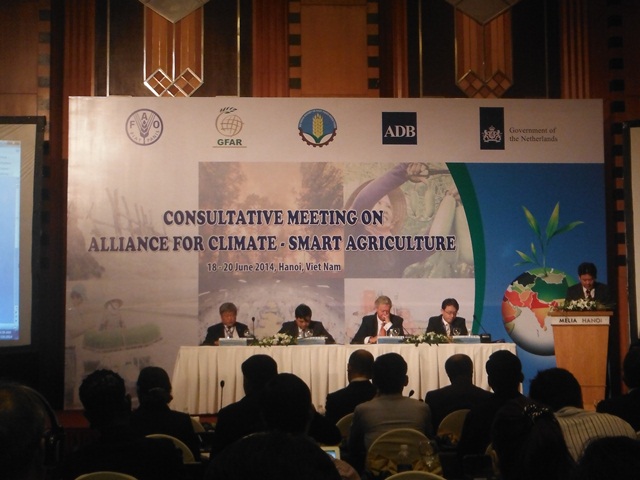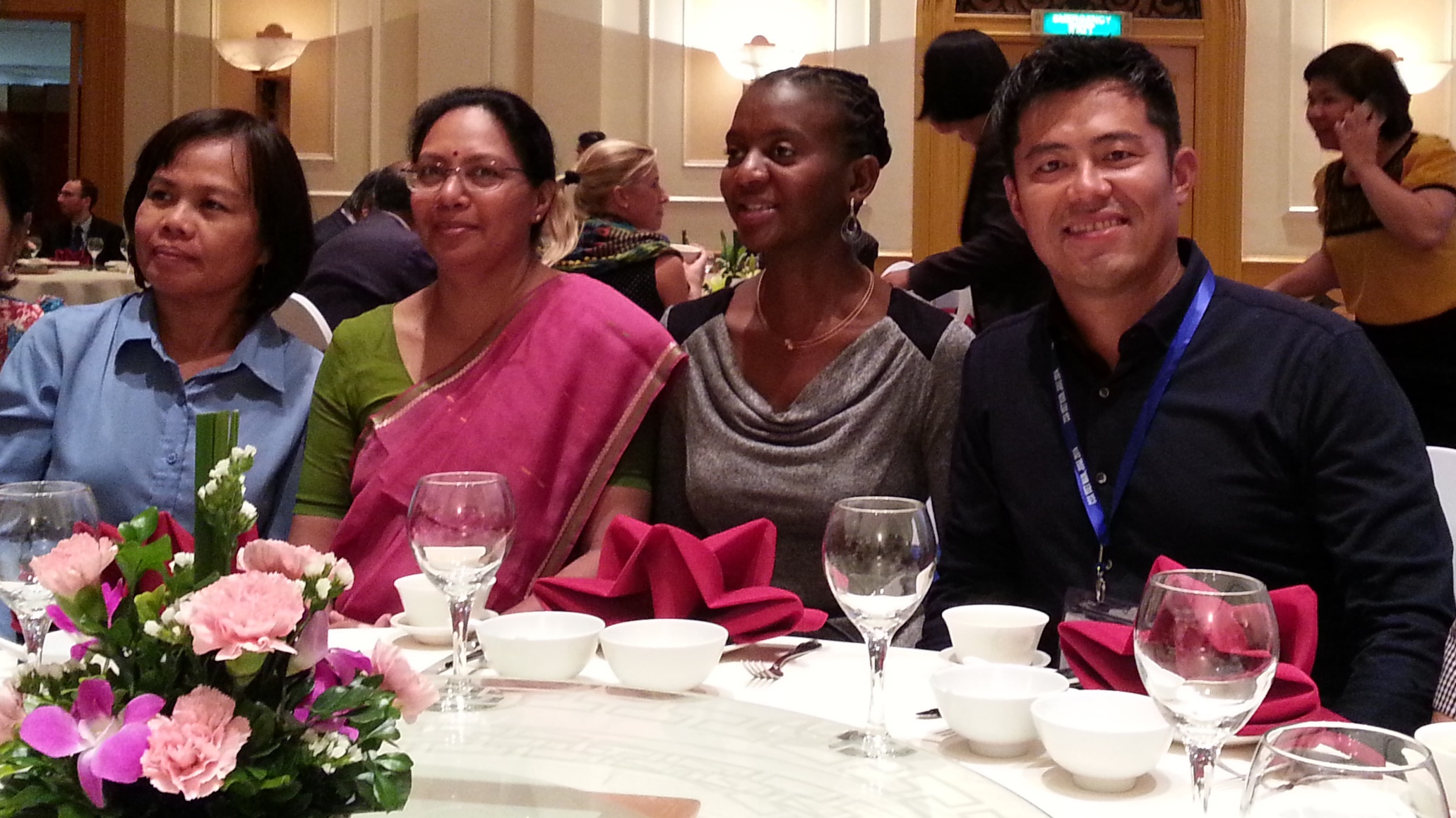 Together with other civil society and farmers’ groups, AFA has raised concerns about the proposed Global Alliance on Climate Smart Agriculture.
Together with other civil society and farmers’ groups, AFA has raised concerns about the proposed Global Alliance on Climate Smart Agriculture.
CSOs maintain that without environmental criteria, social safeguards, accountability to democratic processes, or clarity about governance, the Alliance risks undermining the very aims it says it hopes to achieve.
An Open Letter signed by over 60 organisations, has been sent to the interim secretariat of the Alliance in advance of the meeting at The Hague this week, in the hope of contributing to constructive discussions and efforts to address these concerns.
In a reply to the open letter, David Nabarro, head of the interim secretariat, said that the purpose of the meeting at The Hague is to consider the shape and scope of a voluntary alliance.
He added that the purpose of the alliance is “to help improve food security by enabling governments, farmers, scientists, businesses, and civil society, as well as regional unions and international organizations, to adjust agricultural practices, food systems and social policies so that they better take account of climate change and make efficient use of natural resources.”
He emphasized that the alliance has not yet been formed and that several parties interested in the alliance have questions about a number of issues, including concerns about the purpose, structure, membership and name of such an alliance.
“These issues will be raised and discussed during the meeting, and we anticipate that there will be space throughout the agenda for different participants to present the views of their governments, farmers’ associations, civil society organizations, scientific bodies and international organizations,” Nabarro said.
Last June 17, AFA participated in the consultative meeting on the Alliance for Climate-Smart Agriculture in Hanoi, Vietnam.
Hiromitsu Iio, a young farmer leader from AFA member AINOUKAI in Japan, raised the concerns of AFA on the CSA, which are also consistent with the concerns of other CSOs and farmers’ groups.
He said that the CSA sourcebook circulated among stakeholders have good points as it reflects the negative impacts of conventional farming which caused destruction of natural ecosystem and climate change, gives emphasis on sustainable intensification method based on natural ecosystem, and includes socially vulnerable sectors like small farmers, landless laborers and women in the context.
From the perspective of family farmers, however, Iio said that “the sourcebook lacks detailed clarification and consideration on the problems of conventional agriculture and this vagueness can lead CSA to distorted ideas.”
Particularly, he noted that the chapter on genetic resource promotes genetic breeding for climate adaptation through tolerance to high temperatures and droughts, tolerance to diseases and parasites, capacity to utilize scarce and poor quality feed and soil, tolerance to lower water quality, and fecundity and fertility rates.
“This could lead to decrease of biodiversity as GMO technology is promoted and to patent monopolization by multinational corporations.” Iio said.
On the chapter on “climate smart livestock,” he noted that economic “efficiency” is still emphasized, especially in non-grazing system, which is predominant in the livestock industry today, when it is the very cause of climate change as it uses a lot of fossil fuels and chemical inputs.
He said that AFA worries that this source book contains the danger of accepting a globalized society in which technology development and economic efficiency are highly respected, when what is needed is to critically review how we have come to this crisis and change our direction towards a more sustainable framework.
“Let us face reality and be more courageous to see and accept our mistakes and promote the kind of climate smart agriculture that really contributes to a sustainable future,” Iio added.
In his interventions during the meeting, Iio also expressed AFA’s position that the real solution lies in the transformation of the agriculture and food system into a more just, fair, equitable and sustainable one, as embodied by food sovereignty, rights based approach, sustainable agro-ecological agriculture, where empowered farmers and their organizations take active part in agriculture development policies and programs and where rural areas have a vibrant economy because of diversified agri-based livelihoods of the rural people.




Comments are closed